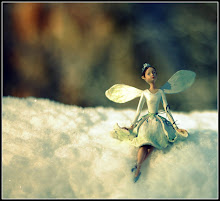Tiny, when it is in the grip of jealousy.
Huge, when you believe in it you can find the heaven.
It is interesting that Peter Kingsley claims that the whole universe resides in our hearts. Mencius said that “The entire universe, and everything in the world, resides within one self; and returning to yourself is the highest good”. (My poor translation might be pardoned ,for according to a famous Japanese schloar(よしかわこうじろう), “Poem is what has been lost in the transtaltion.”) Other major Confucianists in Song and Ming Dynasty also claimed that “the universe is my mind, and my mind is the universe”. (such as Lu Xiang-shan, and Wang Yang-ming.)
However, after the western framework of science was brought into China, the understanding of the universe changed. In the modern history of China, radical critiques of Chinese medicine, together with its cosmological grounding, emerged on a large scale. We started to go the hospital to accept surgery and transplantation of organs, which was totally unimaginable under the context of traditional Chinese medicine. Besides, in the process of modernization, especially in the May Fourth Movement, many schloars standed up to take a critical view toward the traditional Chinese culture, some of which even suggested Chinese students not read traditional Chinese books, but only read foreign books. In them there are many influential schloars and writers such as Lu Xun, who was compared to Nietzsche, in the sense that they are both “trapped in the construction of a modernity which is fundamentally problematic.” [1]
But broadly speaking the faith in the proposition that the entire universe is in everyone’s heart is still very popular among ordinary Chinese people, so is the theory the balance of Ying and Yang
